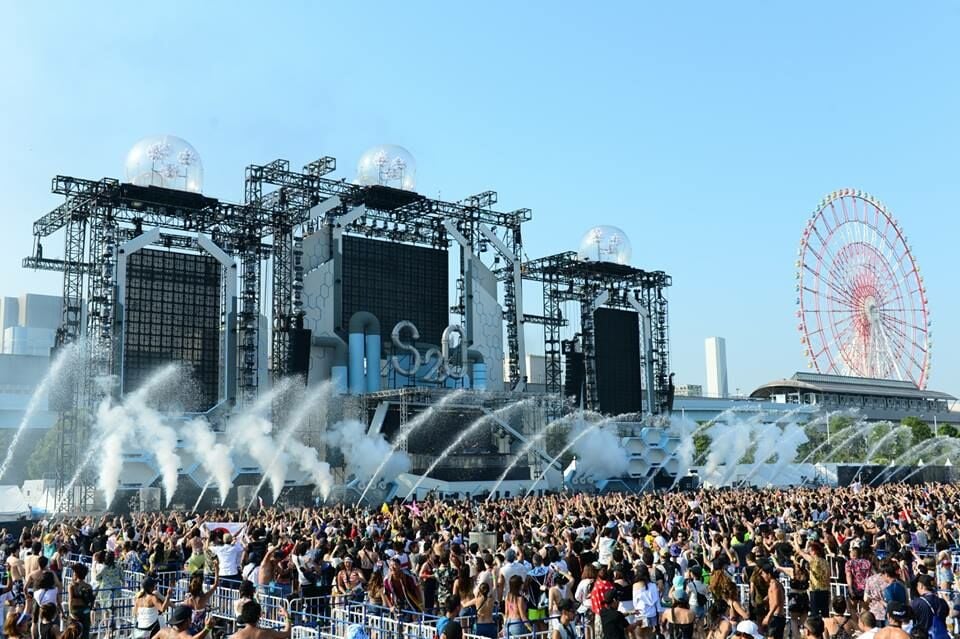Liquor firms exploit music marketing to boost product visibility

Stop-Drink Network Thailand has raised concerns about liquor corporations’ use of music marketing tactics to advertise their products. Teera Watcharapranee, the network’s director, unveiled that a network survey revealed beverage enterprises leveraging music marketing to fuse artists and performers, conducting concerts to boost their product’s visibility, particularly across social media platforms.
The investigation was carried out during the Songkran festival on April 13 and 14. Volunteers were dispatched to scrutinise the marketing efforts of three substantial alcoholic beverage producers. The events were hosted in and around leading shopping centres, restaurants, and nightlife hotspots. Many of these events were complimentary concerts, while others necessitated an attendance fee.
Watcharapranee highlighted that these companies had adopted a brand-sharing approach, using identical brand names and logos for their alcoholic and non-alcoholic products, such as still water and soda water. This method is seen as a way to sidestep stringent alcohol advertising regulations.
“This could contravene Section 32 of the Alcoholic Beverage Control Act, which oversees alcohol advertising.”
Watcharapranee further revealed instances where concert tickets could be exchanged for free beer, and organisers failed to screen for underage attendees.
Watcharapranee shared plans to report the findings to the government’s Road Safety Centre for further scrutiny. The data will also be sent to a House committee responsible for amending the Alcoholic Beverage Control Act. This ensures the revised law would implement measures to keep pace with the marketing strategies of liquor companies and mitigate indirect advertising of their alcoholic products, said Watcharapranee.
“The law must be amended to control the sale of alcoholic beverages by major liquor companies.”
Watcharapranee also suggested that the Public Health Ministry should shift its focus to tackling new marketing strategies by liquor companies rather than concentrating solely on drunk driving-related road accidents.
Watcharapranee warned that new marketing campaigns are designed to entice new drinkers. Without any counter-action, the financial burden of medical bills and other related costs would fall on the Public Health Ministry, he concluded.
Latest Thailand News
Follow The Thaiger on Google News:


























